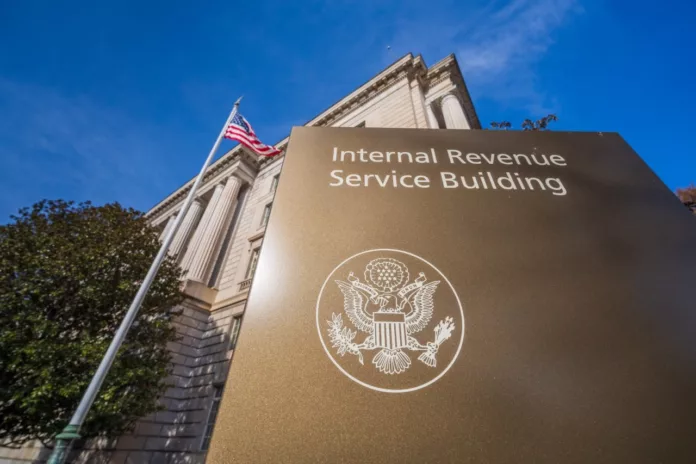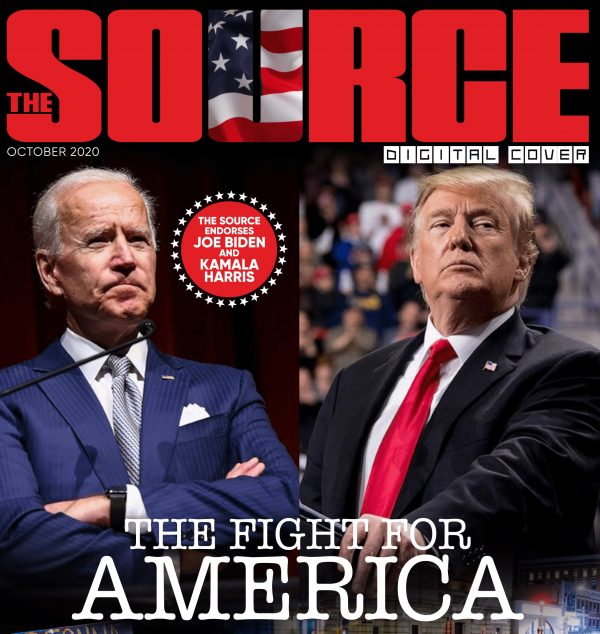The Writers Guild of America (WGA) recently announced that it has reached a tentative agreement with the Alliance of Motion Picture and Television Producers (AMPTP) to end the longest and most contentious strike in Hollywood history. The strike, which began on February 1, 2023, affected thousands of writers, actors, crew members, other industry workers, and millions of viewers and fans, who faced a severe shortage of original scripted content across film, TV, and streaming platforms.
The main issues that sparked the strike were the WGA’s demands for higher residuals, minimums, and pension and health contributions for writers working on streaming services, which have grown exponentially in the past decade and now dominate the entertainment landscape. The WGA also sought to limit the practice of packaging, in which talent agencies bundle writers, directors, and stars together and collect fees from studios, bypassing the traditional commission system and creating conflicts of interest. The WGA argued that packaging deprived writers of fair representation and compensation, while the AMPTP and the agencies claimed that it was a vital and beneficial part of the industry.
The negotiations, which a federal mediator mediated since October, were marked by several breakdowns and ultimatums, as both sides accused each other of bad faith and misinformation. The strike also triggered a wave of solidarity actions, lawsuits, counter-lawsuits, and public statements from various guilds, unions, celebrities, politicians, and activists who either supported or criticized the WGA’s stance. The strike also coincided with the ongoing COVID-19 pandemic, which added to the industry’s and the public’s economic and health challenges.
Advertisement
The tentative agreement, which still needs to be ratified by the WGA’s members and the AMPTP’s board, includes significant gains for the writers, such as a 25% increase in streaming residuals, a 3% increase in minimums, a 1.5% increase in pension and health contributions, and a phased-out elimination of packaging fees by 2026. The agreement also includes provisions for diversity, inclusion, anti-harassment policies, improved working conditions, and creative rights for writers.
The WGA’s leadership hailed the agreement as a historic victory for the writers and the industry’s future. At the same time, the AMPTP’s representatives expressed relief and gratitude for reaching a mutually beneficial resolution. Both sides acknowledged the hardship and sacrifice endured by the writers and the industry during the strike and expressed hope for a swift and smooth recovery and resumption of production. The agreement is expected to be ratified by the end of the month, and the writers are expected to return to work by early January.







